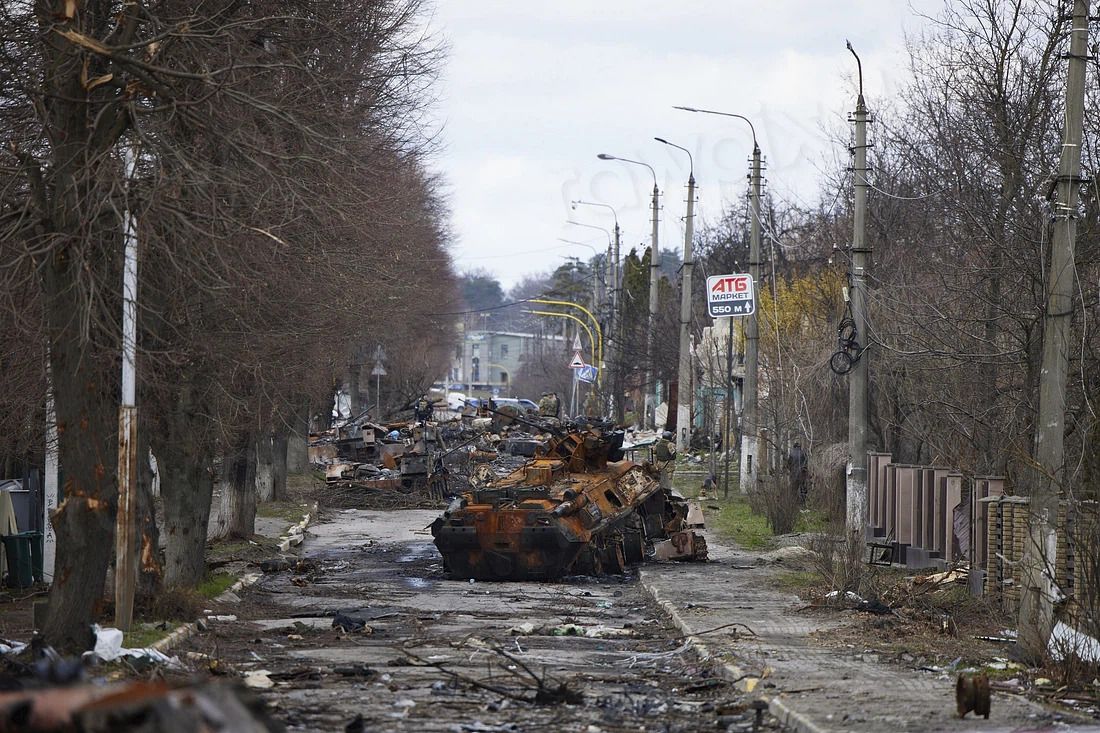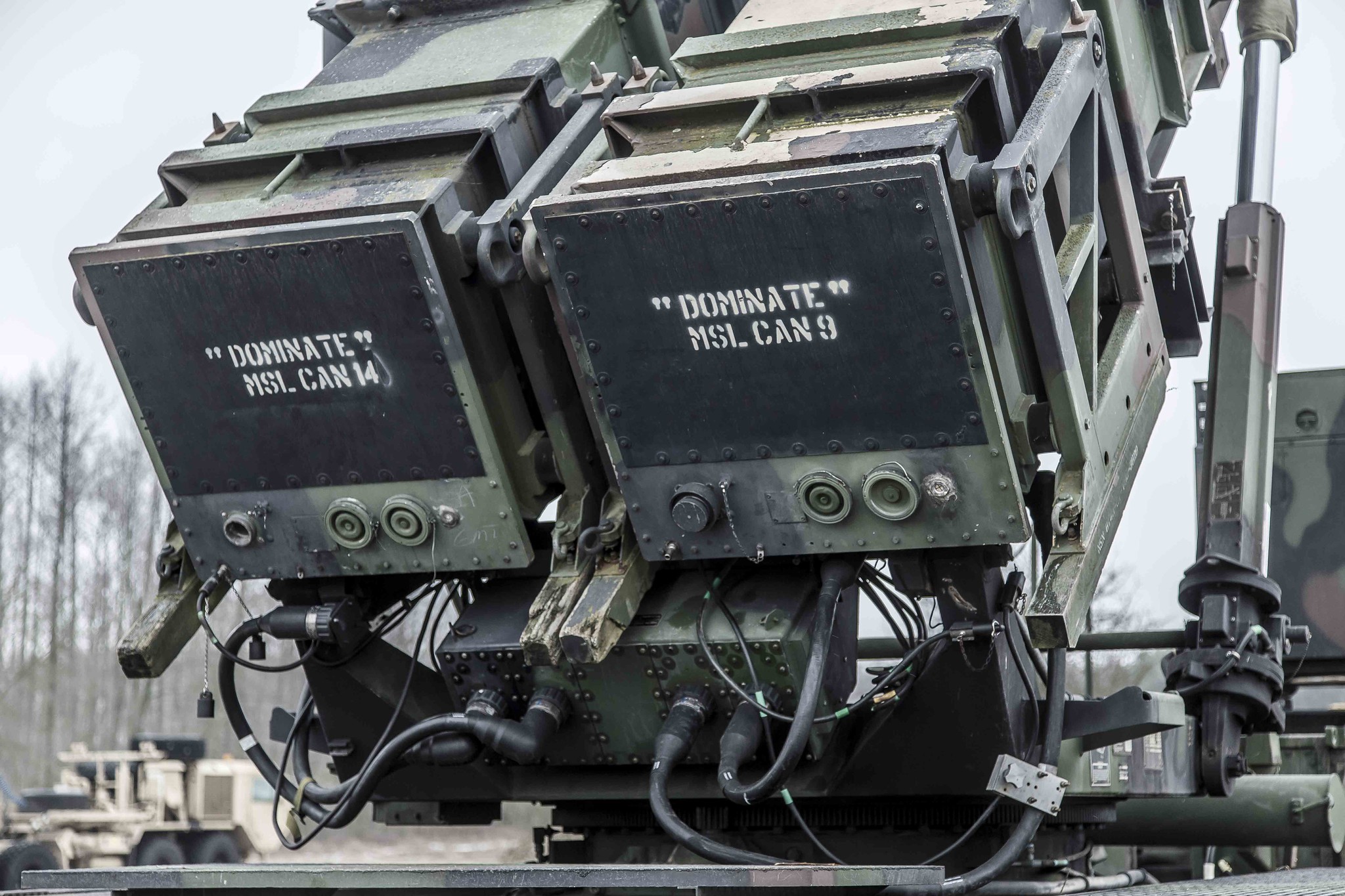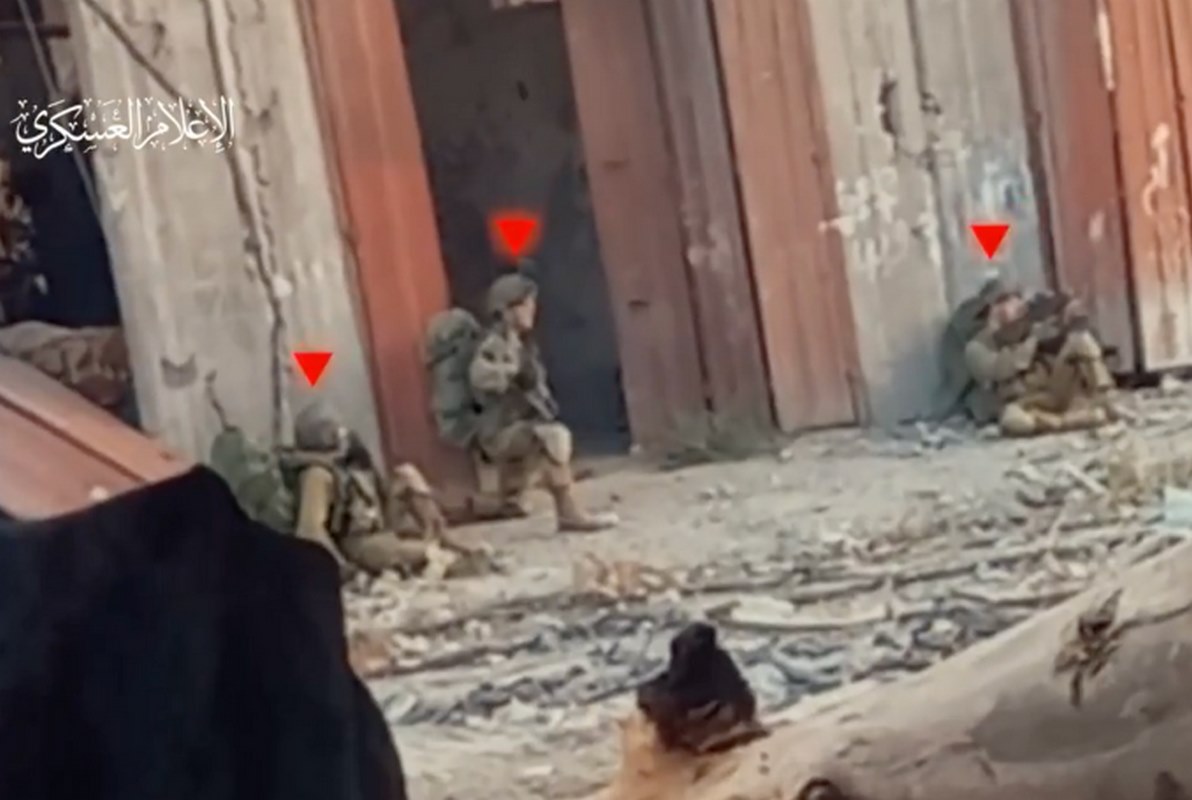As it became clear that the US Congress was not united behind replenishing the stores of Ukrainian weaponry following the disastrous summer counteroffensive, Ukrainian diplomats began to make impassioned calls for continued support in an attempt to cut through wall-to-wall coverage of Hamas’ attack on October 7th, and Israel’s slaughter in Gaza.
Eventually, those impassioned calls turned indignant, with President Zelenskyy saying the use of arms transfers to Ukraine as a political bargaining chip for Congressional Republicans was “unacceptable”.
Recently, in an interview with POLITICO, Ukraine’s top diplomat Dmytro Kuleba demanded that the West send Kyiv more missile defense ammunition.
“Give us the damn Patriots,” Kuleba said, referring to the US Patriot Missile system that can shoot down both incoming projectiles and aircraft. “If we had enough air defense systems, namely Patriots, we would be able to protect not only the lives of our people, but also our economy from destruction”.
“When Ukrainian troops are losing positions, let’s look at the reason why. It is because Russia has begun to massively use upgraded aerial guided bombs. You cannot jam it. It just falls on your head and destroys everything. This is how we’re losing positions, and the only way to prevent this is to shoot down the planes carrying the bombs. We need air-defense systems on the frontlines,” the diplomat explained.
It’s possible this isn’t hyperbole. According to the Kyiv Independent, a missile strike in Kyiv on March 25th happened just seconds following the initial blaring of the air raid siren which sounded off at 10:30 a.m.
Despite the more than $120 billion of direct support and hundreds of armored vehicles, tanks, and older aircraft received from European countries and the US, Kyiv has never been given the sophisticated modern weapons that would make the greatest difference. These include the F-16 fighter bomber and the US Army’s ATACA Missle System (ATACAMS), Germany’s Taurus Missile, and probably others.

One hand tied behind her back
In the interview with POLITICO, Kuleba responded in the affirmative when asked whether it seemed the US and Western allies were asking Kyiv to fight Russia with one hand tied behind her back.
Negotiations on a foreign military aid bill worth around $90 billion which House Democrats and the White House insist must bundle together aid for Israel, Ukraine, and Taiwan still haven’t reached a conclusion, as the Republican majority will not bring it for a vote nor pass it without Congress and the Oval Office addressing the crisis at the southern border.
America’s NATO allies seem to lack the domestic manufacturing base to produce the number of missiles and artillery shells needed to keep Ukraine’s guns firing, and though the US gave Kyiv the Patriot Missile System in May of 2023, but they were positioned in cities to protect civilians, not on the front lines to shoot down Russian jets.
On Tuesday, French Defense Minister Sebastien Lecornu said he was prepared to ask domestic arms producers to begin expanding infrastructure to meet Ukraine’s demand for munitions, but that it would take time, and “production lines were particularly strained” from demand for shells and anti-air missiles.
When asked what he thought about a difficult discussion in Berlin at the moment over the provision of the long-range Taurus Missile, Kuleba said that “every time I answer the question, I get irritated feedback from Berlin. Leave it to them. They put themselves in this situation. Let them find a way out”.
As a result of this gap in Ukrainian air defenses, blackouts are now common in many cities, including Kharkiv and Odessa where Reuters reports that a quarter million people are without power following an uptick in Russian strikes on electrical transfer stations and power plants. Imports from the EU grid have reached highs for the war of over 18,000 megawatt hours.
All part of the plan
For over a year, analysis on WaL has determined that the lack or tardiness of critical weapons deliveries to Ukraine are the intention, not the irregularity, of Western policy in the war.
Since the conflict began, Western nations seem to have equipped Ukraine with the weapons it needs to go head-to-head with Russia several months after the key moment when such a weapon would prove decisive. Furthermore, at the beginning, they kept many items off the table, but nearly every last one has made its way to the country.
The long-range HIMAR rocket artillery system was considered too dangerous because Ukraine might use it to strike inside Russia. It was handed over in June of 2022 after Russia had already occupied one-fifth of the country.
In February of 2023, after several months of Ukraine losing hundreds of soldiers per day in Bakhmut, NATO countries decided it was time to send modern main battle tanks which the Ukrainian Commander-in-Chief Valery Zaluzhny had asked for in October of the previous year.
In May of 2023, after Bakhmut had fallen and Russia had fortified their defensive lines by several kilometers, NATO countries led by Poland and the US decided to start training Ukrainian pilots on the use of the F16 fighter jet, which still hasn’t seen action in the country 10 months later.
Also in May, the UK transferred the Storm Shadow cruise missile with a strike range of 250 miles, to the Ukrainian defense forces, also after Bakhmut fell and after the country had sustained months of bombardment. They, like the HIMARS, were thought of as being too escalatory.
Also in May, the US transferred a Patriot missile defense system to Kyiv, after more than 8 months of being completely vulnerable to long-range strikes by Russian missiles.
On July 7th cluster bombs from the 1990s were sent to, according to a Pentagon release, help the Ukrainians punch through the Russian defenses a month after they began trying.
“The United States will continue to work with its Allies and partners to provide Ukraine with capabilities to meet its immediate battlefield needs and longer-term security assistance requirements,” the cluster bomb readout states.
The two most senior civilian military authorities, Defense Sect. Lloyd Austin and National Security Advisor Jake Sullivan, both stated early in the war that the White House’s policy was to see Russia “weakened and isolated,” when asked what the United States policy was in the conflict, and that’s probably why these weapons always come late or never—they’re not for Ukraine’s objectives of retaking the east of the country or winning the war. WaL
PICTURED ABOVE: A Patriot missile battery in Poland. PC: NATO. CC 2.0.



